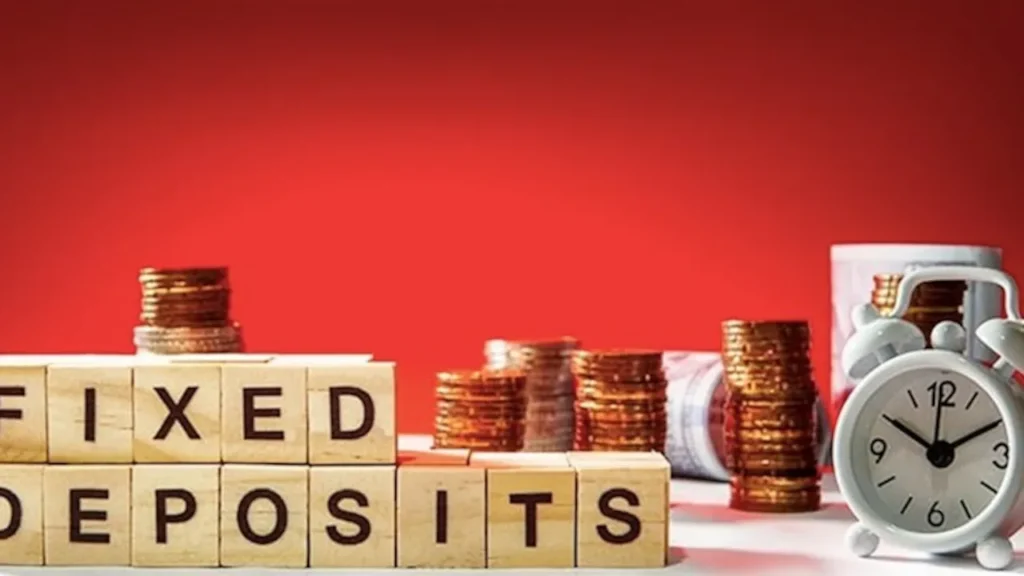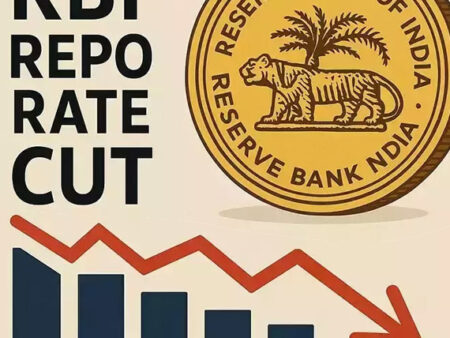
A Fixed Deposit (FD) is a popular financial instrument offered by banks and financial institutions that allows individuals to deposit a lump sum amount for a predetermined period at a fixed interest rate. Unlike savings accounts, where interest rates are lower, FDs offer higher interest rates and assured returns, making them a secure investment option.
How Does a Fixed Deposit Work?
- Deposit: An individual deposits a specific sum of money with a bank or financial institution for a fixed tenure.
- Fixed Interest Rate: The interest rate remains constant throughout the deposit tenure, ensuring predictable returns.
- Tenure: The tenure of an FD can range from a few days to several years, depending on the depositor’s preference.
- Maturity & Returns: Upon maturity, the depositor receives the principal amount along with accrued interest. Some banks also offer premature withdrawal facilities, subject to penalties.
Types of Fixed Deposits
- Regular Fixed Deposit: Suitable for individuals looking for stable returns over a fixed period.
- Tax-Saving Fixed Deposit: Comes with a lock-in period of 5 years and offers tax benefits under Section 80C of the Income Tax Act.
- Senior Citizen Fixed Deposit: Designed for senior citizens with higher interest rates.
- Flexi Fixed Deposit: Linked to a savings or current account, allowing partial withdrawals without breaking the FD.
- Recurring Fixed Deposit: Ideal for individuals who want to invest small amounts regularly over a specific tenure.
Benefits of Fixed Deposits
- Assured Returns: Since the interest rate is fixed, the investor is guaranteed a return on investment.
- Low Risk: Unlike market-linked investments, FDs are not affected by market fluctuations.
- Flexible Tenure: Investors can choose the tenure that best suits their financial goals.
- Liquidity Option: Although FDs have a fixed tenure, premature withdrawals are possible (with applicable penalties).
- Loan Against FD: Many banks offer loans against FD, allowing investors to use their deposit as collateral.
Things to Consider Before Investing in an FD
- Interest Rate: Compare interest rates across banks to get the best returns.
- Tenure: Choose a tenure that aligns with your financial needs.
- Premature Withdrawal Penalty: Be aware of the charges in case of early withdrawal.
- Tax Implications: Interest earned on FDs is taxable unless it’s a tax-saving FD.
Conclusion
Fixed Deposits are a reliable investment option for individuals seeking stability, guaranteed returns, and low risk. They cater to a wide range of financial goals, from short-term liquidity needs to long-term wealth preservation. Before investing, it’s essential to compare interest rates, tenure options, and associated terms to maximize benefits.




